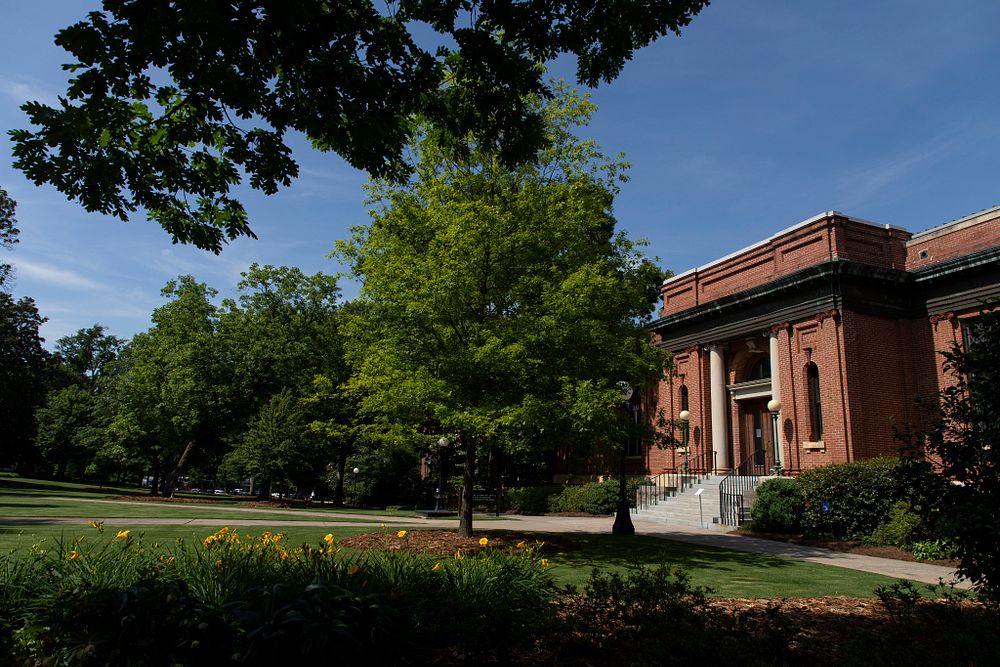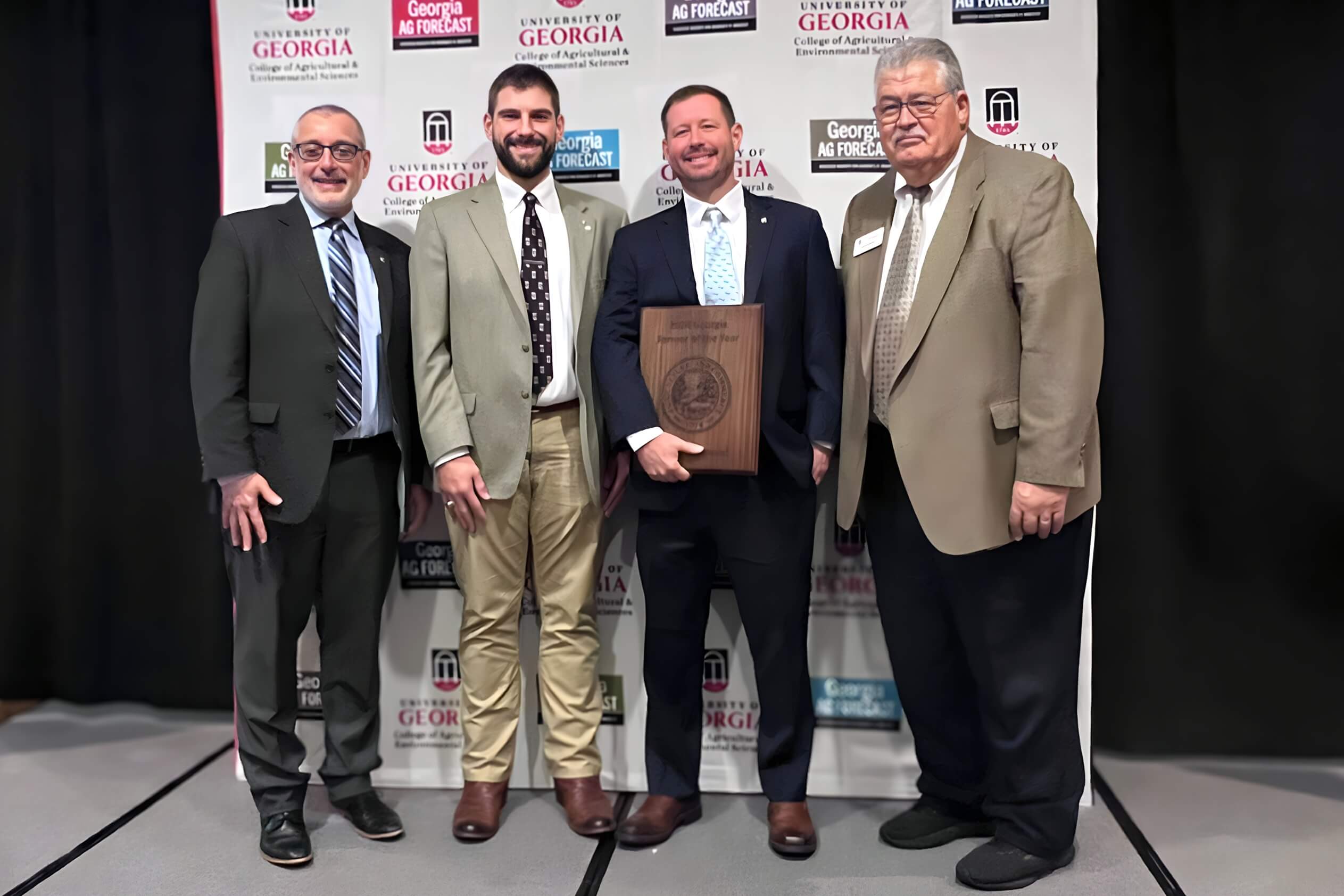Media often publish lists – best dressed celebrities; top party schools, and bestselling books. A recent article distributed by Yahoo News detailed what the writer considered the Top 5 “useless” college degrees. Three of the majors on the list - agriculture, animal science and horticulture - are only as useless as your next meal.
While it may be possible to pull the right set of data to produce the reported results, this list doesn’t tell the real story. Publishing flawed lists that zoom around social media sites is irresponsible and does a disservice to students making serious decisions about their futures.
As dean of the University of Georgia College of Agricultural and Environmental Sciences, I can say with certainty, this Top 5 list is dead wrong in our state.
Agriculture not only shouldn’t be on the list of most useless majors, it is actually at or near the top of the heap of good opportunity.
Even at the height of the current recession in 2009, fewer CAES students were still looking for jobs as they received their diplomas than those from other UGA colleges and schools. A UGA Career Center survey showed that less than six percent of CAES graduates said they were still seeking employment, compared to numbers as high as 31 percent in other UGA colleges. The median percentage of university students still seeking employment at graduation was 13.46 percent among the 12 colleges.
Help Wanted
A recent study from the UGA Center for Agribusiness and Economic Development showed that through 2016 there will be twice as many agricultural jobs available for college-educated workers in Georgia as students graduating from all Georgia colleges in agriculture-related programs to fill them.
As chair of the Association of Public and Land-grant Universities’ Board on Agriculture, I can tell you this situation is not unique in Georgia. A study from Purdue University drew a similar picture of agriculture colleges across the nation. (http://www.ag.purdue.edu/usda/employment/pages/default.aspx) Another study from Georgetown University had the same findings. (http://stateimpact.npr.org/ohio/2012/01/05/best-college-majors-if-you-want-to-find-a-job/#study)
Many sources say with relative certainty that world population growth will demand food production double by 2050. How we meet that demand on the same limited acres for agricultural production will largely be answered in the classrooms, research facilities and Cooperative Extension programs at American land-grant universities.
Keeping these vital programs moving at the necessary pace against the currents of dwindling budgets will continue to be a challenge. I am confident we, and our colleagues across the country, are up to the challenge. For the more than 25,000 people in our world who die from malnutrition every day, our success is a matter of life and death.
The most important variables in that equation are recruiting, educating and training a strong agricultural workforce to fuel the industry and attract more agribusiness to Georgia. We continue to draw the brightest minds from across the state, nation and world. We want to make sure those incoming students know about the opportunities available in agriculture.
Their commitment to the science of producing food for a fast-growing world is an admirable goal, and can be a lucrative goal as well.
Good Pay
Contrary to the claims in the Yahoo News list, our students entering the workforce find financial rewards in agriculture. At UGA, our graduates’ starting salaries, including bonuses, are second among all UGA colleges behind only the College of Business. The same can be found at numerous schools across the country.
During this recession, agriculture proved to be more stable than most industries. That is generally the case because we produce the only goods consumed by 100 percent of the world’s population. People may become more careful about how they spend their food budget, but there will always be a need for an affordable food supply and jobs for those who produce it.
U.S. policy changes precipitated by a growing need to provide an abundant and safe world food supply and to increase economic opportunity in developing countries, will continue to escalate opportunities for students pursuing careers in agriculture. Meeting that demand for food, fiber and fuel will help our students leave a lasting legacy in the world that stretches far beyond the dinner table.







